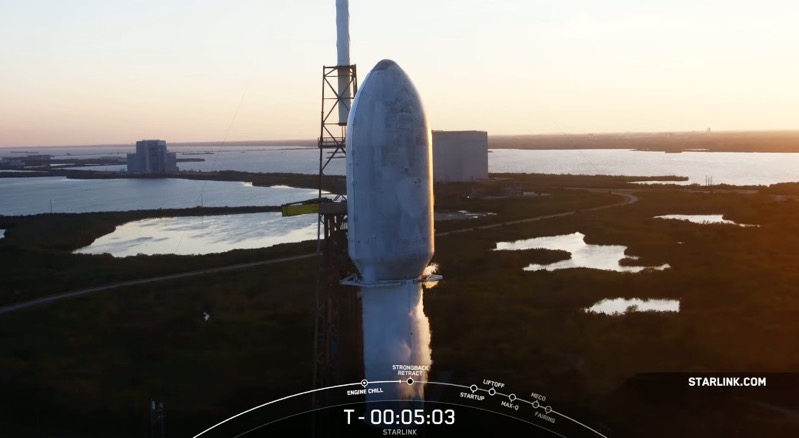
SpaceX Wins vs. Dish Network in FCC Spectrum Dispute

In a big victory for SpaceX, the Federal Communications Commission (FCC) has voted unanimously to safeguard Starlink’s access to the 12GHz spectrum, thwarting Dish Network’s plans to utilize the same radio band for a terrestrial 5G network (via PCMag).
During a meeting on Thursday, the commission voted 4-0 to reserve the spectrum between 12.2-12.7GHz for current and future satellite services. FCC Chair Jessica Rosenworcel stated, “We understand that millions of people depend on services in this band, and we are committed to ensuring its continued availability.”
SpaceX has been contending since last year that Dish Network’s attempt to use the 12GHz spectrum for a cellular network could interfere with Starlink, rendering it ineffective for most Americans. After a series of conflicting FCC filings and studies from both companies, the US regulator ultimately sided with SpaceX, citing legitimate interference risks with Starlink.
Commissioner Geoffrey Starks said, “Our engineers have concluded, based on the studies filed, that high-powered mobile broadband deployed nationwide would interfere with established and emerging satellite services.” He added, “I would have preferred a solution that allowed both services to flourish, but for now, we must adapt.”
The FCC’s staff indicated that Dish Network failed to convincingly demonstrate that its proposed 5G network could coexist with Starlink. Commissioner Nathan Simington added that terrestrial cellular services would need to make significant technical advancements to mitigate interference risks. He stated, “Until we see terrestrial technologies deployed in real-world situations, the FCC should not risk undermining the viability of fixed incumbent services.”
Starlink expressed gratitude for the public support it received, thanking its over 100,000 customers who voiced their support for SpaceX against Dish Network through the FCC’s online comment system.
Thank you to the 100K+ Starlink customers who spoke up, the @FCC voted to protect high-speed satellite internet users from harmful interference🛰️🌎❤️ https://t.co/dwCh3yasNh
— Starlink (@Starlink) May 18, 2023
However, the FCC has not completely ruled out the possibility of using the 12GHz spectrum for cellular services. The commission will continue to explore the potential of this mid-band spectrum for fixed license and unlicensed terrestrial services, subject to further study and public comments. The FCC will also consider using the 12.7 to 13.25GHz band for cellular services, a move that SpaceX has previously indicated it supports.
Simington emphasized that companies will need to provide “clear and detailed technical operational information, including studies—preferably real-world studies” to support their proposals for using the spectrum for terrestrial cellular services.
The 5G for 12GHz Coalition, of which Dish is a member, stated that it “remains committed to working with the FCC” on using the 12.2 to 12.7 and 12.7 to 13.25GHz bands to benefit US consumers. The coalition added, “Expanding the 12GHz band will bridge the digital divide, increase competition, deliver next-generation services to consumers, spur US leadership in wireless, foster Tribal connectivity, and promote digital equity.”

